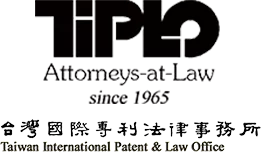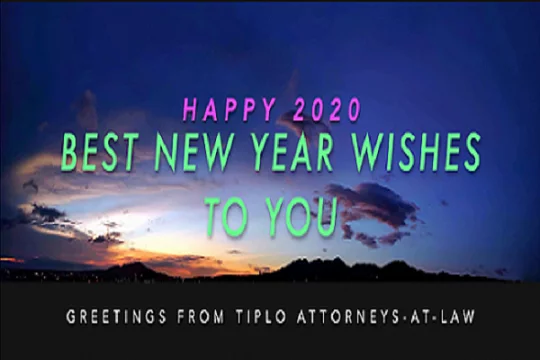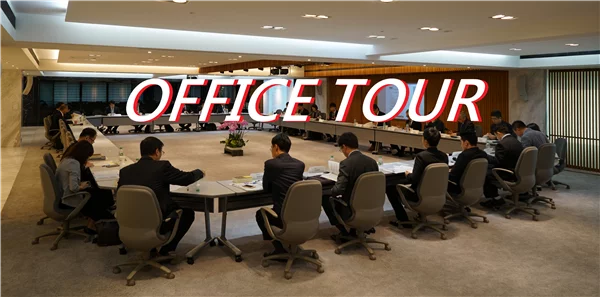Application of Article 24 of the Fair Trade Law abused; FTC set forth substantive contents to determine its applicability
E020128Y4 Feb. 2002(E30)
In view of the excessive use of the application of Article 24 of the Fair Trade Law, a summary provision stipulating that “….deceptive or obviously unfair acts which are sufficient to affect the order of trade”, the Fair Trade Commission of the Executive Yuan has revised the Guidelines for Handling Cases in Connection with Article 24 of the Fair Trade Law to better define said Article.
According to the new Guidelines, the scope of application of Article 24 in the future should be conditioned by the requisite “sufficient to affect the order of trade”. Individual disputes arising from non-regular trading shall resort to civil remedies rather than said Article.
In respect of the determination of the term “deceptive”, the FTC has specified three types of acts that are often seen, which include faking or taking a free ride on a credible entity, e.g. pretending to be a gas company, use of fraudulent means for promotion, and concealment of vital trading information, etc. The FTC has also enumerated three types for the determination of “obviously unfair” acts. The first is acts of competition that fail to conform to the competition ethics, such as robbing others of the fruits of their efforts by taking a free ride on other’s good faith, imitation at a high degree, or registering a domain name which uses a famous trademark of other’s, etc. The second is the abusive use of market advantage to conduct unfair acts, e.g. a circulation business unreasonably charges for additional fees. The last is trading behaviors that do not conform to social ethics, e.g. using an improper means to disturb consumers so as to complete a transaction when the consumers’ free will is under repression.
Source: Commercial Times 01/28/2002
Translated by Jem Chung














